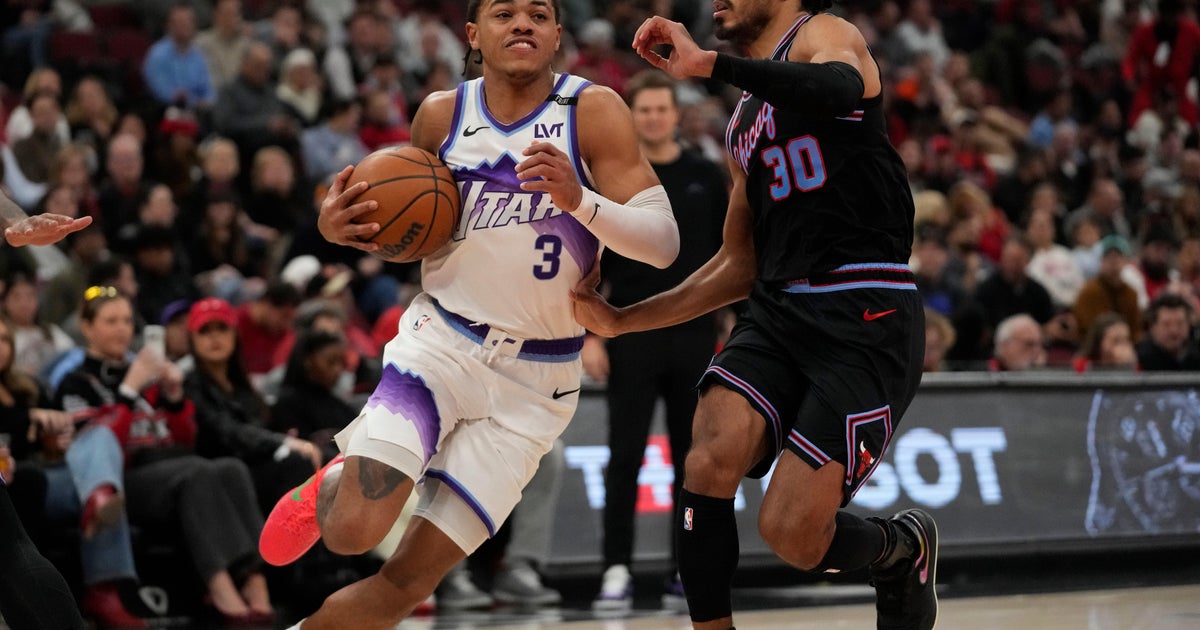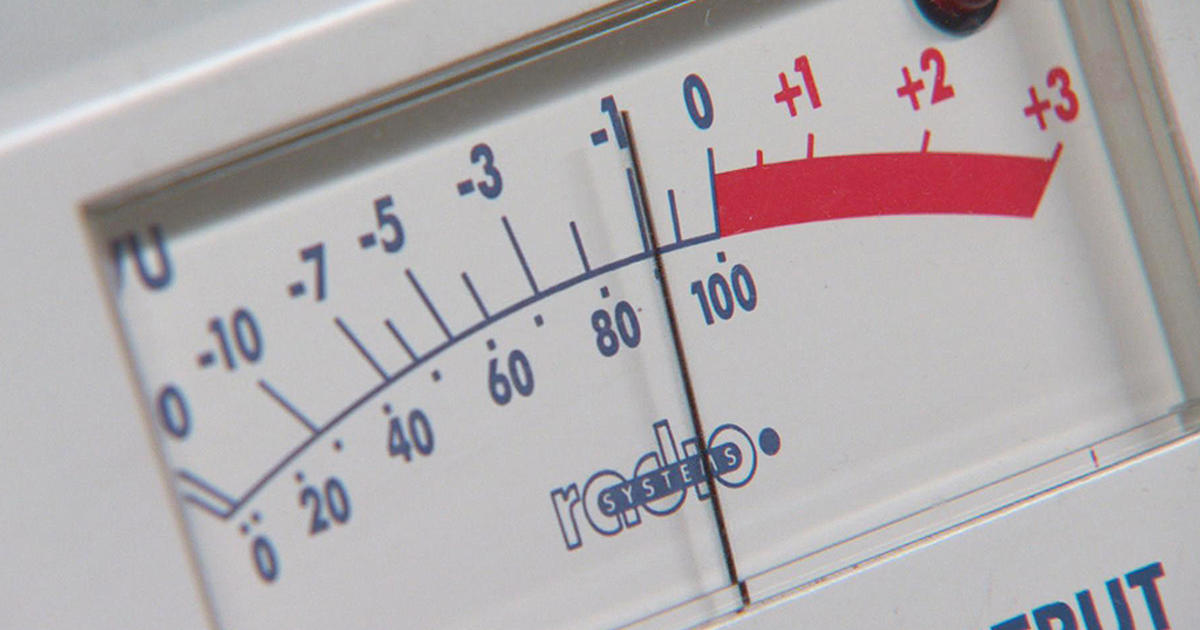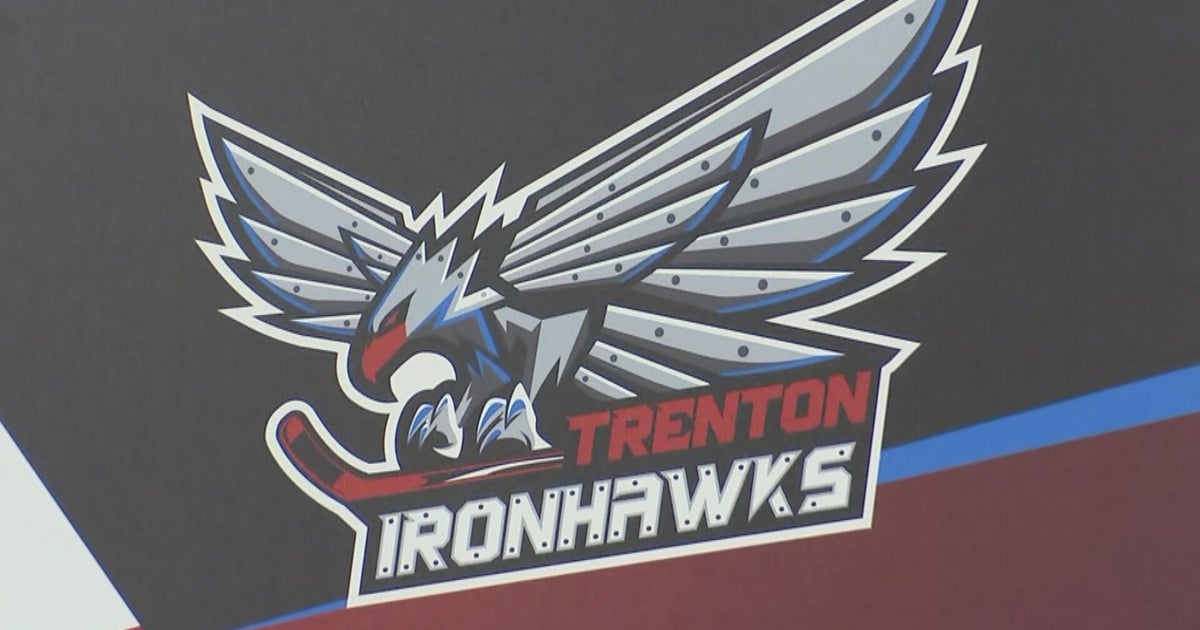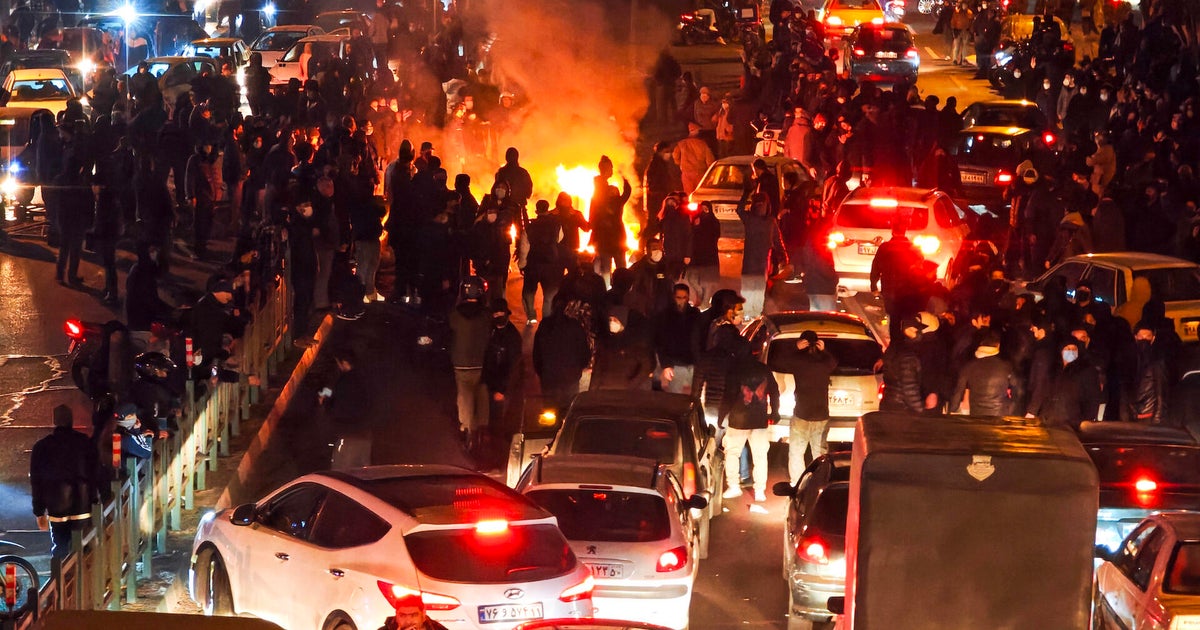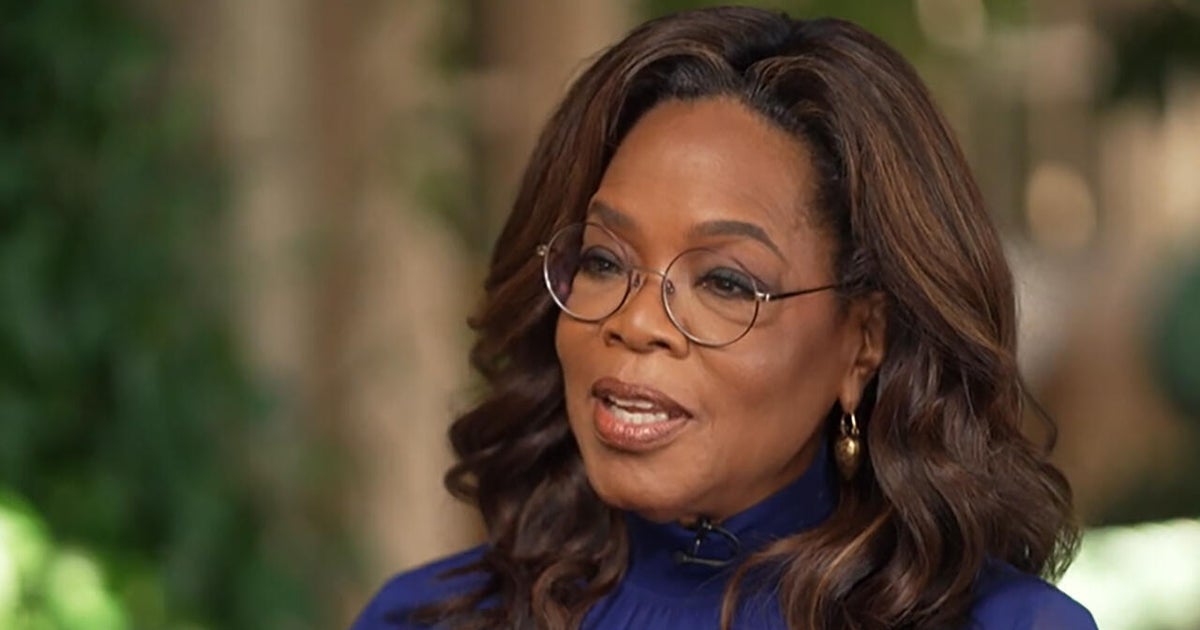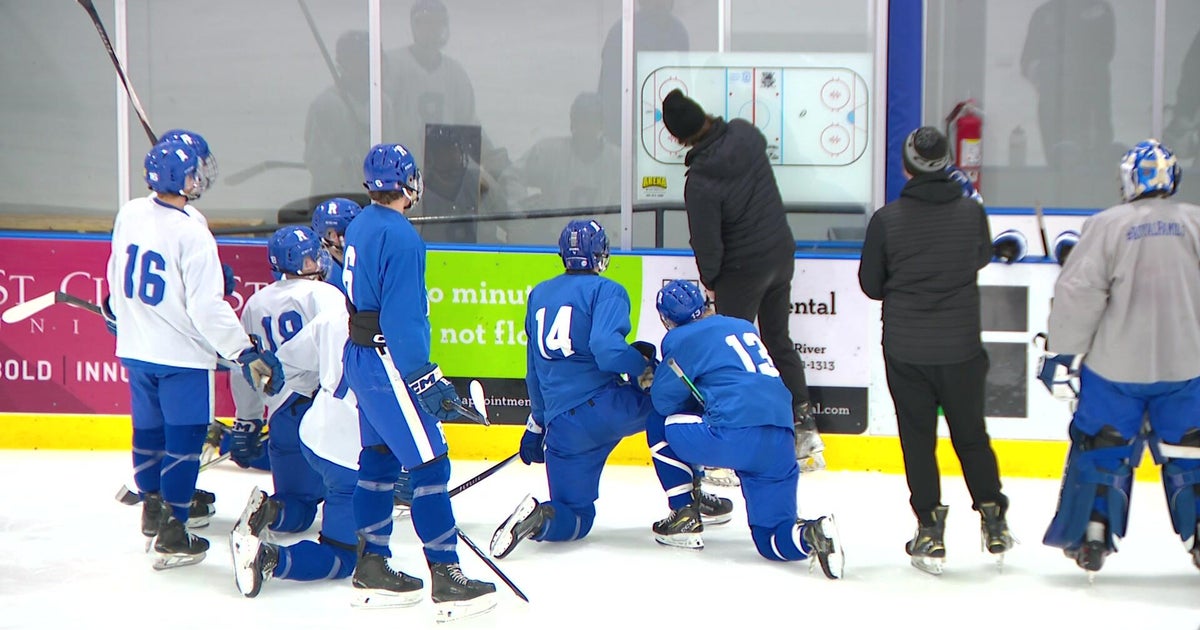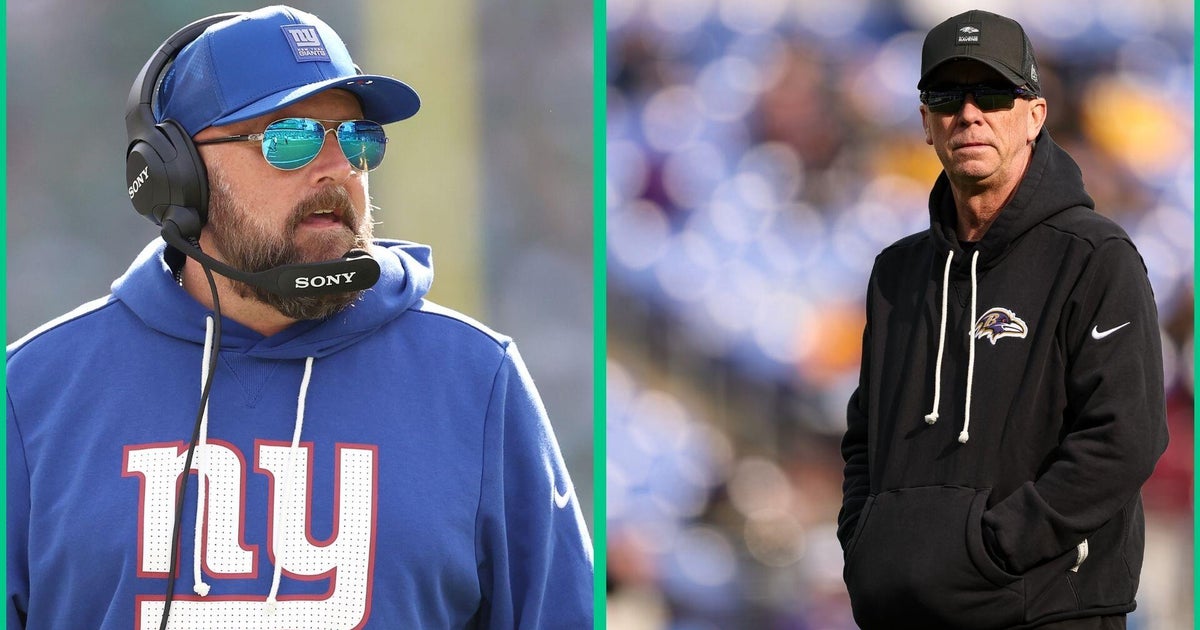Dorfman: For Interleague Play, Too Much Is Not A Good Thing
By Daniel I. Dorfman--
CHICAGO (WSCR) Tonight we start what is now the annual ritual of baseball known as interleague play. At this point the feeling about these games is roughly the same as going to the annual family outing with relatives who are not particularly liked. In other words, "Do we have to do this again?"
Interleague play began in 1997. It was certainly appealing at first to see teams face off against one another for the first time or maybe for the first time since a World Series. But the novelty is wearing off. Actually, it wore off a long time ago.
Several notable baseball figures expressed frustration with the interleague concept this week.
Tigers manager Jim Leyland, who is close to commissioner Bud Selig, told the Detroit News, "It was a brilliant idea to start with, but it has run its course."
"I hate it," echoed Chipper Jones, the Atlanta Braves third baseman, to USA Today. "To say it screws up the schedule is an understatement. It just doesn't make sense that you don't play the same schedule in your own division."
Then there are the comments of Los Angeles manager Don Mattingly, whose Dodgers come to U.S. Cellular Field this weekend to take on the Sox. He took note of the differences of the two leagues. "We're set up to play a certain way and we go to an American League park and we're not set up the way they are," Mattingly told dodgers.com. "We're not a big power club and that puts us behind the eight ball. They sit there with a DH every day and it's a 25- or 30-homer guy. Our extra guys are versatile guys, utility guys. We set up our roster completely different."
Finally another reason to be skeptical about interleague play is the risk factor in asking players to do things they are not accustomed to do such as American League pitchers hitting or being on the basepaths. Chien-Ming Wang of the New York Yankees, who won 19 games in 2006 and 2007, was never the same pitcher after he broke his foot running the bases in Houston in 2008.
Every year MLB officials point to an attendance spike for interleague play as a reason for keeping it around. However, a study was done last year on whether that is true and the results were inconclusive.
All that being said, it is not realistic to think interleague play is going to go away as long as there are full houses in ballparks that aren't normally packed. Case in point: when the Cubs play at the Cell or when the San Francisco Giants go into Oakland.
Moreover, it doesn't have to be completely jettisoned. No one can argue seeing the Sox and Cubs play six times a year has added some excitement to the Chicago summer. The same can be said for the games in New York between the Mets and Yankees or the Dodgers and Angels in southern California.
Plus, every year there are some interleague matchups that stand out. The Cubs playing at Fenway Park this weekend for the first time since they took on the Babe Ruth-led Boston Red Sox in the 1918 World Series should be interesting. It will be poignant tonight to watch the White Sox video tributes to Jon Garland and Juan Uribe, two key players on the 2005 world championship team.
But there is no reason why there has to be 18 games a year. That is too much. Baseball can scale interleague play down to 12 games. Play six games (home and home) against a team's natural rival when such a case exists. Some "rivalries" will have to be forced like San Diego and Seattle, but it will have to do. Then have two more series against other teams but work out a consistent rotation so that teams do not play each other that often. (If one of the ideas of interleague play is to allow fans to see teams they don't see that often, why did the White Sox play the Pirates five straight years?) There are still going to be quirks in making that type of schedule, but after seeing the White Sox odyssey so far this year, can schedules get any more bizarre?
The implementation of interleague play overall can still be a positive thing for the game. But how it is being utilized right now could use some work.
Do you agree with Daniel? Post your comments below.
Daniel I. Dorfman is a local freelance writer who has written and reported for the New York Times, Philadelphia Inquirer and the Boston Globe among many other nationally prominent broadcast, online and print media organizations. He is also a researcher for 670 The Score. You can follow him on Twitter @DanDorfman To read more of Daniel's blogs click here.
